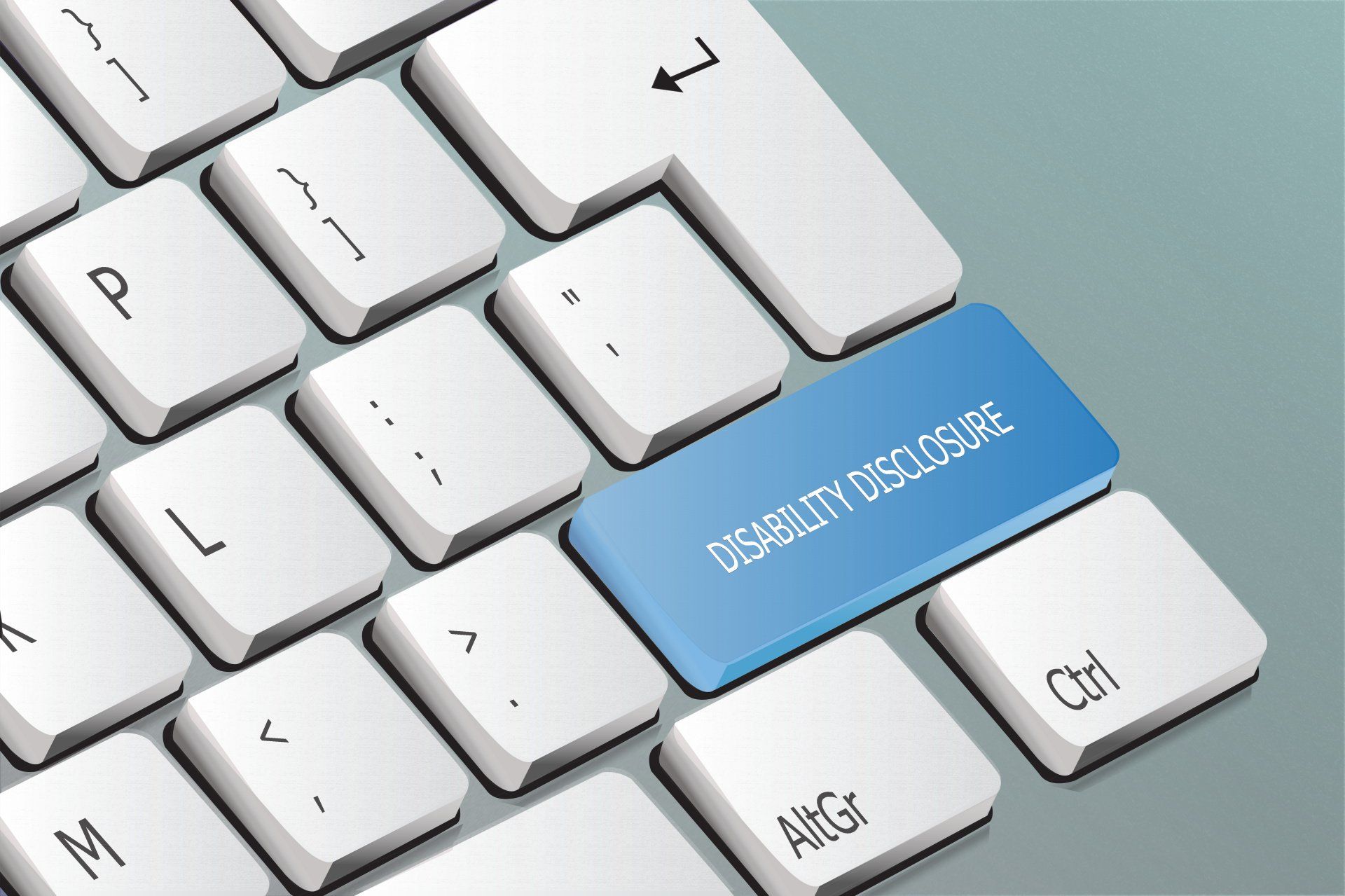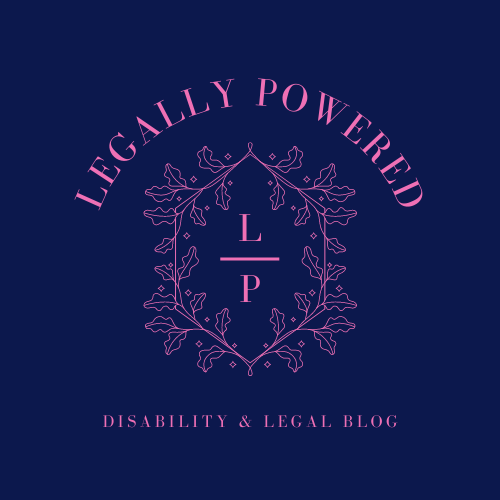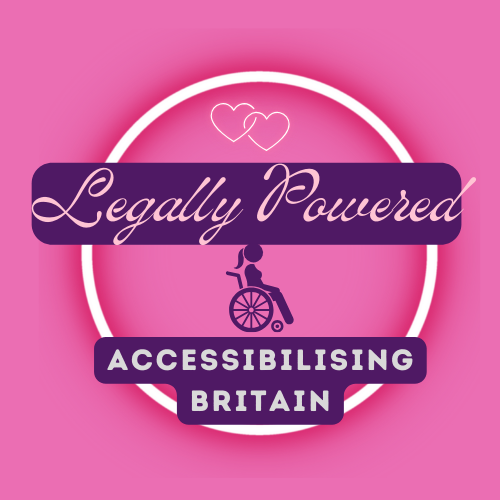At What Stage Do I Disclose My Disability To Law Firms?

Disclosing a disability to an employer can be a daunting experience. Speaking from experience, for an individual who has needs different to others, the moment you start filling out an application, you can feel the dread coming over you. As the page scrolls down, you know what awaits. That little box stating do you have a disability or do you need reasonable adjustments.
It is at this point you must make a decision. For all of us we should be able to tick the box with confidence stating, ‘yes I do’ and this is what I need to put me on a level playing field as everyone else.
However, for some there is that nagging feeling in the back of your mind, ‘what if by ticking that box, sends my application straight to the shredder?’
I know some will be thinking, that will never happen, but when you have been rung up and bluntly told we are not employing you due to your disability, the nagging feeling going forward never leaves. I am not saying all employers are like that. I know they are not, and many will have their reasons for not picking me over other applicants; I may not have the experience they are looking for; I may not be qualified enough but that 1% of me, always thinks ‘what if they just don’t want to deal with accommodating my disability?’
If you decide not to tick that box, at what stage do you disclose your disability? For myself now, I have to disclose when booking in the interview due to my wheelchair, but there was a time when I thought I would tell them at interview.
You get to the interview, it may be that you can walk but not far, as was my case. You are welcomed at reception and told you are going to the room in the building on the opposite side of the complex. I can do this you think, but at what cost? It maybe that you are now in so much pain you cannot focus on the questions put to you in the interview.
For others it may be a learning difficulty you have decided not to disclose. When you get to the interview you are greeted with a test and given a 5-minute time limit to read a whole document. Do you tell them, that you have a slower reading speed so need more time, or leave it and not finish the test and fail?
This is your next decision; do you tell them at interview? Your interview has gone brilliantly (so you think), they have not noticed your hidden disability. You know you will have forms and contracts to fill out if successful. You can tell them then, you express to yourself, but what if there were issues in your interview that if they had known about your disability, adjustments could have been made?
To some it may seem simple…just tell them from the offset they say. It is something I have often deliberated over, sat at the computer, just tick the box I say to myself and in the past I have done.
Can I say that by not notifying prospective employers of my disability has given me better opportunities than telling them? At the beginning of my career, I would have said yes, it did seem that way, but it could have just been coincidence and as I have said before I may not have got the jobs for other reasons.
That being said as time goes on, I believe that disclosing a disability has got better and more firms are open to reasonable adjustments and discrimination is becoming less.
However, if you have read some of my other articles you will have seen that there have been times, especially in the legal system where doors have been shut firmly in my face due to my wheelchair and inaccessibility. This needs to change.
Looking for companies that sport the diversity and inclusion logo is a great start for any individual that has reasonable adjustment needs. One point I must make is to check with the firm that this does include disabilities as this term has many meanings. The Disability Confident Employer logo is another way firms can show that they are open to disabled practices and for you to know they are inclusive and accessible.
Speaking to firms, networking and research is key to finding workplaces that will be suitable. No company should be discriminating at any stage, and they should not make you feel that you are worth any less.
Law firms and Chambers are working hard with the Law Society and other organisations to make sure they are putting strategies in place to make individuals who are neurodiverse or those with disabilities feel more comfortable in asking for reasonable adjustments from the outset.
We must focus on the positive that change is happening and there is now more talk around the subject of adjustments in the workplace, but we must not lose sight that there is still a long way to go and this is just the start.
Written By: Victoria-Jayne Scholes


